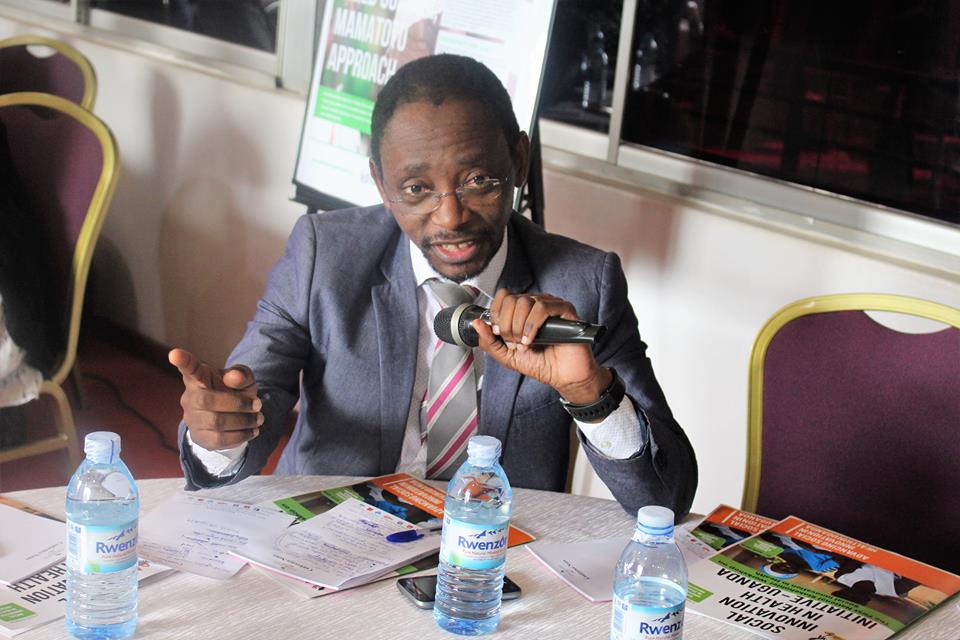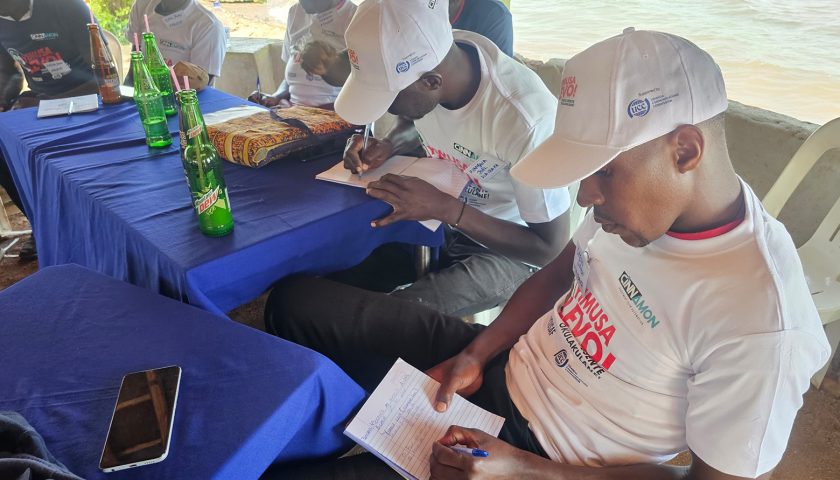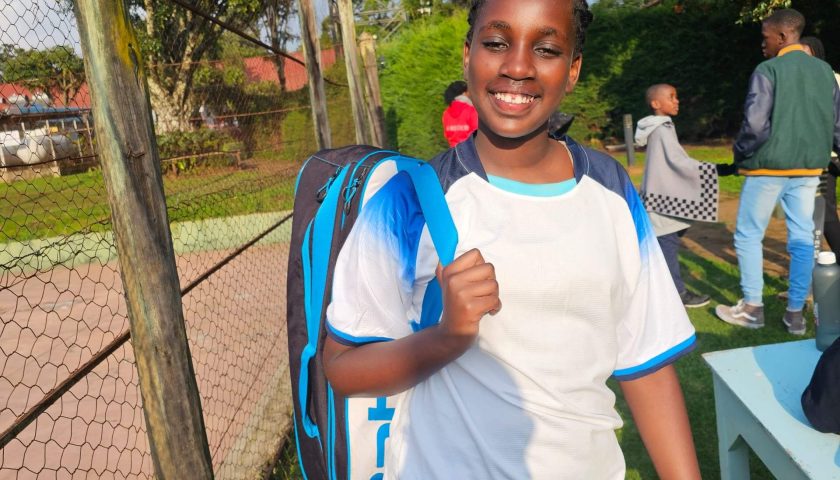I have been working with relatively young people (below 40) and in my interactions with them, I have found 10 skills that prevent many of them from becoming a beacon of professionalism. Skills not formally taught in school yet so vital. Skills that would transform a young professional into a ‘hot cake’ for inclusion in successful enterprises:
1. Attention to detail:
In secondary school, one of our mentors, an elderly man in the ‘Brothers of Christian Instruction’ congregation used to say two slogans to us every time he met us: “Neglect Nothing”; “Mind the Minutest”. Young people seem to lack detail. They gloss over things. They are not cerebral. Reports are shallow and lack the meat – the sort of detail that creates winning submissions. In organizing an event, they take simple but pivotal things for granted, in the end causing un-warranted failures that are so basic. The grammar and formatting are pathetic. Descriptions are ‘elephantine’ (like 6 blind-folded people touching and describing an elephant). Most of us are not very bright but we use preparation, detail, research, and organization to appear so. You cannot expect someone to keep checking on small things to see if ‘anyone’ thought of them – including ‘closing your freaking window to prevent rain from ruining the office when you are away at night’. Attention to detail also involves openness to seeing the learning cues laid by your mentor.
2. Systems thinking:
When my fellow ‘Mitchellite’ tripped and fell flat while coming from the mess, his plate of food remained exactly horizontal and only one bean managed to fall off. Real world, things do not occur in straight causal lines – things are connected; causal chains are complex and balanced. One thing affects another which affects another and until young people appreciate to think about multiple components that make up an initiative, they cannot be trusted to steward things. You are charged with a given task but interrelated with that task are several other aspects that influence the deliverable – have you thought or those multiple components so that most of them are considered; or at least you are conscious about them? Many young people are too lazy and too ‘laisez-faire’ in their thinking to understand that things happen in a broader dynamic context. Without a systems perspective, one cannot write a winning funding proposal for instance. Without a system perspective, consequences are not appreciated.
3. Reliability/Consistency:
The GE9X family of turbines that fly a Boeing 777 run for 16 hours at core temperatures of 1300 centigrade (higher than the melting point of each of the elements that make the core) and extremely high pressures that generate 100,000 pounds of thrust every instant, but they never relent or fail. From Rio-de-Janeiro to Amsterdam. The following day the same jet goes to Melbourne and the same turbines do the same exact thing. One of the biggest problems with today’s young people is unreliability. Reliability is synonymous with ‘repeatability’ or ‘consistency’. You got to be predictable. Your word ought to be your word. Once given a task, someone should be confident that with you will get the job done – then they will give you all the independence you need. The youth claim they have no jobs. But give them one simple job as a ‘manager’ of some sorts and they will mess your business up. It’s like the job turns them into morons! They miss work, they neglect vital processes, they make disappearing acts, they pocket things, they marry every week, they drift into unprofitable side-businesses at the cost of the core business. You give someone the simplest of tasks and they cannot pull it off. On the other hand, I have seen people who consistently pull off things even in the tightest of situations. If you could get just one thing and you become consistent with it!
4. Communication/Presentation:
During one of the stiffest student contexts at MIT, a young innovator from Makerere made such a passionate pitch that the entire room turned to see what was going on. He presented like there was no tomorrow. He won the small innovation prize! During one of the interviews I participated in some months back, someone was selected because of a very straight forward pitch. You just have to be able to talk about your shit! Young people need to learn to present their case, concisely but impactfully. Unabashedly, not like a coquet. You have nothing to lose, why not kick ass so that even if they don’t give you, they will never forget! The core message should be clear and well-articulated. The support points are vital because no body trusts your shit! Present well layered evidence, with numbers if possible. Be ready for an ‘elevator pitch’ (when the CEO runs into an elevator and all you have is the time the lift moves from the 1st to the 4th floor). PowerPoint presentations should be structured and do not read word for word. Engage the audience. Non-PowerPoint presentations lasting more than 5 minutes require a list of points. For important presentations, you must do practice runs (including in front of a mirror). Present like you have a freaking diaphragm – not like you have a large hernia and you fear to exert yourself lest it escapes through your pants. Have motivation and drive; not like you lost someone. Be pleasant. Un-learn fear by getting ways to cope with it. Speak briskly. Some people present at a rate of one word per 10 seconds – like the CD in their brain takes ages to load (low band-width)! You have to freaking present or perish! Communication also involves learning to negotiate: The skill of arriving at and reaching mutually beneficial understandings and agreements with a broad range of people internally and externally.
5. Creativity:
During our wedding 10 years ago, a mysterious agent gave us a little but very uniquely designed tea pot. It’s the present we keep talking about. The very sight of it made us take more and more tea. Creativity – the competency of conceiving and selecting innovative strategies and ideas for your organization – is lacking among many ‘slow motion’ youth and is a knock off. Because most human attributes follow a ‘normal distribution’ most people are very average and they can do the same exact shit that you do. However, you can learn to ‘add value’ by going the extra mile to accessorize your deliverables with small but pivotal additions. Occasionally accompany the report with ‘a talking brief’. Change the sitting arrangement of the workshop. Create a new visualization tool or graphic. Some youth have to be constantly told what to do. Others are essentially brain-dead, not because they lack grey matter, but because they are hesitant to use their brains. Well in Medicine they teach us – any part of the body that is not utilized tends to shrink – that’s why the Appendix lost its job!
6. Emotional intelligence/Maturity:
The Basoga have a saying that if a person has bigger genitals than yours, do not go sulking that ‘it is a hydrocele’. Emotional intelligence is the competency of understanding and mastering your own emotions and recognizing the emotions of others in a way that instils confidence, motivates, inspires, and enhances group effectiveness. Toxic, flippant, defiant attitudes make your skull impervious to sense and destroy the team. Mentors have a wealth of experience about what constitutes a distinctive performance and when they talk to you about what is needed, do not even for one-minute think they are overbearing. Its their turf! Young people need to be patient and open to learning. If you keep leaving every job just because people are telling your lazy-ass to measure up, you will end up an extremely mediocre person. You also have to learn to reduce negativity, toxic rumor-mongering and hen-pecking your colleagues.
7. Focused Drive:
The competency of focusing on a goal and harnessing your energy in order to meet that goal – a balance between the components of: (1) Focus – The ability to identify an important goal or vision and to channel efforts at specific targets that support that goal or vision. (2) Drive: The ability to persevere, sacrifice (when necessary), and expend high degrees of energy to reach high levels of performance. Young people are losing focus, with increasingly scattered agendas Focused drive involves looking at the big picture, and where one wants to be in 10 years. It involves finishing what you started – complete the degree; complete the house; make decisions regarding relationships.
8. Patience/Resilience:
Rome was not built in one day, stupid! You cannot seek to create a real estate empire in 2 years. Young people are increasingly seeking immediate gratification, leading to corruption, pilferage, scheming; the ‘get rich attitude un-anchored by real talent’ is a disease that is getting more genetically perverse among our youth. One cataclysmic event should not decimate your resolve to thrive – when you fall, even if you do so a dozen times, pick your ass up, learn and move on. Do not tie onto relationships/projects/visions, that have terminally failed.
9. Financial intelligence:
Many youths of today do not have fiscal discipline. Expenditure is hand-to-stomach, even when there is extra income. You buy a 60-inch plasma screen in a 70-inch studio apartment – the Principle Focus of the curved screen is behind the wall of your tiny wee apartment. The disease of borrowing to buy things like TVs and sofa-sets. Then the disease of ‘oniomania’ – the uncontrolled urge to buy stuff. Then the disease of showing off and wanting to ‘impress’ peers. There is no clear substitute to saving in an economy that is as uncertain as ours. Saving should be a must when you have a windfall. The amount of money needed to break free from lurking poverty is not small. You cannot borrow 100% of the funds needed to start a business – you need to kickstart the freaking enterprise and borrowing should be for expansion.
10. Reverence/Decency:
Honor your father and mother; look after your parents. Never ever discount the role of blessings in a person’s success and how blessings can run away from selfish narcissistic people. The little science you have read about matter and the big-bang should never turn you into a snob – we are not anywhere near understanding the vast quantity of the forces that drive the universe and there-in lie the blessings that come from being humble and respectful.
As for those of us 40 years and above, I have no advice. Our kind is already irredeemably hardwired in our stupidities.
Dr. Roy William Mayega, is the Deputy Chief-of-Party at Resilient Africa Network (RAN), a Project at the School of Public Health, Makerere University.




